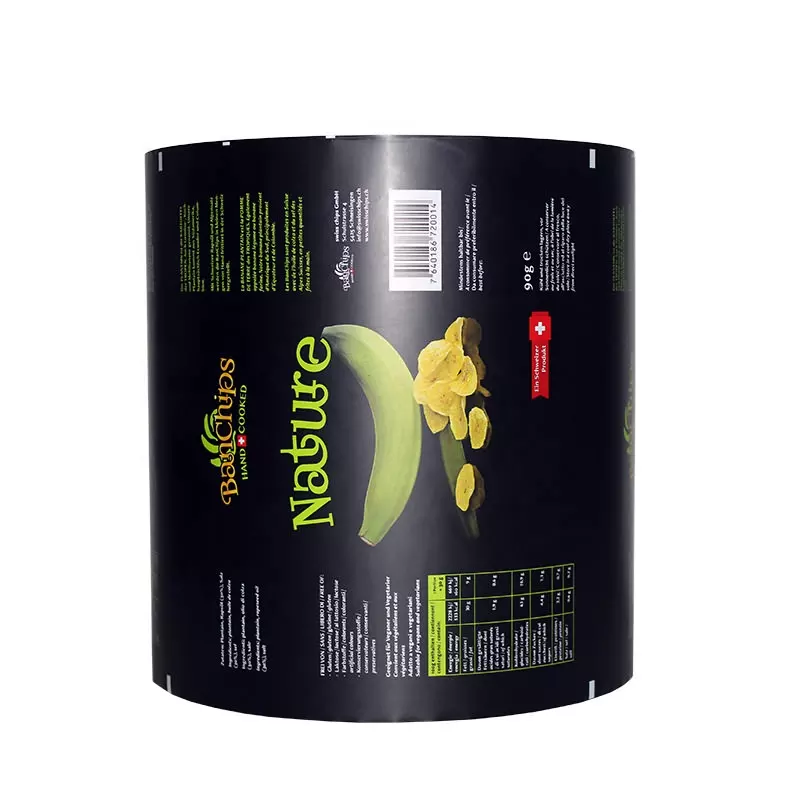- Afrikaans
- Albanian
- Amharic
- Arabic
- Armenian
- Azerbaijani
- Basque
- Belarusian
- Bengali
- Bosnian
- Bulgarian
- Catalan
- Cebuano
- chinese_simplified
- chinese_traditional
- Corsican
- Croatian
- Czech
- Danish
- Dutch
- English
- Esperanto
- Estonian
- Finnish
- French
- Frisian
- Galician
- Georgian
- German
- Greek
- Gujarati
- haitian_creole
- hausa
- hawaiian
- Hebrew
- Hindi
- Miao
- Hungarian
- Icelandic
- igbo
- Indonesian
- irish
- Italian
- Japanese
- Javanese
- Kannada
- kazakh
- Khmer
- Rwandese
- Korean
- Kurdish
- Kyrgyz
- Lao
- Latin
- Latvian
- Lithuanian
- Luxembourgish
- Macedonian
- Malgashi
- Malay
- Malayalam
- Maltese
- Maori
- Marathi
- Mongolian
- Myanmar
- Nepali
- Norwegian
- Norwegian
- Occitan
- Pashto
- Persian
- Polish
- Portuguese
- Punjabi
- Romanian
- Russian
- Samoan
- scottish-gaelic
- Serbian
- Sesotho
- Shona
- Sindhi
- Sinhala
- Slovak
- Slovenian
- Somali
- Spanish
- Sundanese
- Swahili
- Swedish
- Tagalog
- Tajik
- Tamil
- Tatar
- Telugu
- Thai
- Turkish
- Turkmen
- Ukrainian
- Urdu
- Uighur
- Uzbek
- Vietnamese
- Welsh
- Bantu
- Yiddish
- Yoruba
- Zulu
are plastic bags bad for the environment
Are Plastic Bags Bad for the Environment?
In today’s modern society, plastic bags have become an everyday convenience, enabling us to transport groceries, packages, and other goods with ease. However, the environmental ramifications of plastic bags have sparked considerable debate and concern. As society becomes more aware of environmental issues, it is crucial to examine the effects of plastic bags and whether their use is sustainable for our planet.
Are Plastic Bags Bad for the Environment?
Once plastic bags are used, their journey does not end there. Many of these bags find their way into landfills, where they can take hundreds of years to decompose. Unlike organic materials, plastic degrades very slowly, breaking down into smaller pieces known as microplastics. These microplastics pose significant threats to wildlife and ecosystems. Animals often mistake plastic debris for food, leading to ingestion that can cause injury, starvation, or death. Additionally, microplastics can accumulate in the food chain, ultimately impacting human health as well.
are plastic bags bad for the environment

Another serious concern is that a substantial percentage of plastic bags do not make it to landfills; instead, they become litter. Wind and water carry plastic bags into the environment, where they entangle wildlife, pollute waterways, and mar natural landscapes. This litter not only harms animals but also affects tourism and recreational areas, diminishing the beauty of our natural surroundings. Diverse ecosystems, from oceans to forests, suffer from plastic pollution, reducing biodiversity and disrupting the delicate balance of nature.
The recycling of plastic bags does offer a potential solution, but the reality is that many recycling systems do not adequately process these materials. While some stores have initiated recycling programs, they are not universally available, and consumers often find it inconvenient to return used bags. Consequently, only a small fraction of plastic bags are recycled, which raises questions about the efficacy of this approach. Moreover, recycled plastic bags often lead to lower-quality products, complicating the recycling process further.
In response to the growing concerns over plastic bags, numerous countries and regions have begun to implement bans or fees on their distribution. These policies aim to encourage consumers to adopt reusable alternatives, such as cloth bags, which can significantly reduce plastic waste. Education on the environmental impacts of plastic bags, coupled with incentives for using reusable options, could lead to a cultural shift towards more responsible consumption.
While the convenience of plastic bags is undeniable, the overwhelming evidence suggests that they pose significant threats to the environment. From their production and pollution to the hazards they present to wildlife and ecosystems, the harmful impact of plastic bags is far-reaching. Society must take a critical look at its reliance on single-use plastics and innovate solutions that promote sustainability. By embracing reusable alternatives and advocating for policies that limit plastic bag use, we can work towards a healthier planet for future generations. Ultimately, the choice is clear reducing our dependence on plastic bags is essential for protecting our environment and ensuring the well-being of all living beings.













